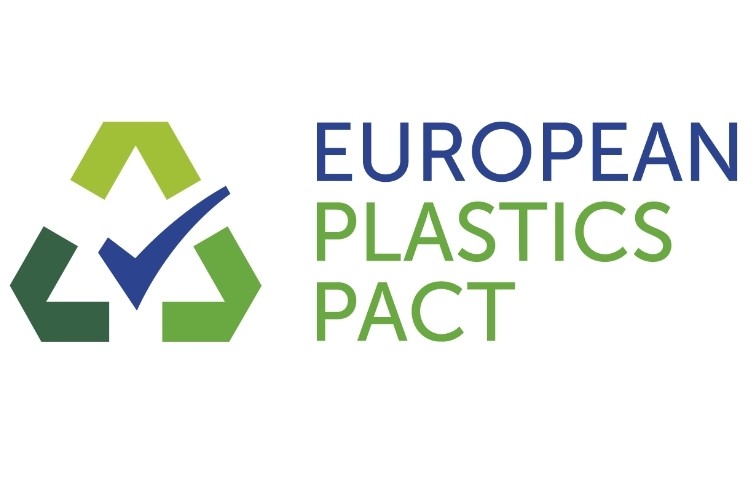Companies sign up to European Plastics Pact

Fifteen governments and 66 companies and organizations have already joined the pact.
The agreement is a public-private coalition that aims to achieve a circular European plastics economy by avoiding plastic waste and bringing together all participants in the value chain.
Participants of the European Plastics Pact commit by 2025 to:
• Reusability and recyclability: Design all plastic packaging and single-use plastic products placed on the market to be reusable where possible and in any case recyclable by 2025;
• Responsible use of plastics: Move towards a more responsible use of plastic packaging and single-use plastic products, aiming to reduce virgin plastic products and packaging by at least 20% (by weight) by 2025, with half of this reduction coming from an absolute reduction in plastics;
• Collection, sorting and recycling: Increase the collection, sorting and recycling capacity by at least 25% points by 2025 and reach a level that corresponds to market demand for recycled plastics;
• Use of recycled plastics: Increase the use of recycled plastics in new products and packaging by 2025, with plastics using companies achieving an average of at least 30% recycled plastics (by weight) in their product and packaging range.
Progress will be monitored and reported each year by all signatories. The first working groups will start to set up monitoring and reporting, and discuss reduce and reuse models, design for circularity, waste shipment, food contact applications and steering the supply chain.
Among the companies with connections to the dairy industry are FrieslandCampina, Unilever, and Nestlé.
Hein Schumacher, CEO of Royal FrieslandCampina N.V., said, “If we really want to be effective in making measurable sustainable impact, we have to work together, for the long-term. We call that cooperative sustainability.
“And that’s the approach that’s also needed for plastic packaging. The plastic value chain is international, with large, multi-national producers and suppliers. A unified European approach, working together across borders and categories can help to scale and speed up. That is different than the national pacts that are already in place. Therefore we support both national and international pacts.”
Marco Settembri, Nestlé CEO for Europe, Middle East and North Africa, said, "We are pleased to sign the European Pact. One of our joint objectives is to create a circular economy by improving collection, sorting and recycling schemes across Europe. Tomorrow, we want to make sure that also other packaging, such as our wrappers and pouches, can be recycled into new food packaging”.
However, Nestlé said, the process will not be easy. Any plastics used for food packaging must be ‘food-grade’, which means it cannot contain any substances harmful to humans. In order to achieve food-grade recycled plastics, recycling processes will have to evolve. The challenge for Nestlé, and the food industry at large, is that it is currently cheaper to produce packaging from virgin plastics than to use recycled food-grade plastics.
To overcome this, Nestlé recently announced a more than CHF 1.5bn investment in recycled food-grade plastics.
Nestlé has also launched a CHF 250m sustainable packaging fund focussing on start-ups developing packaging innovation, including new materials, as well as refill systems and recycling solutions.




